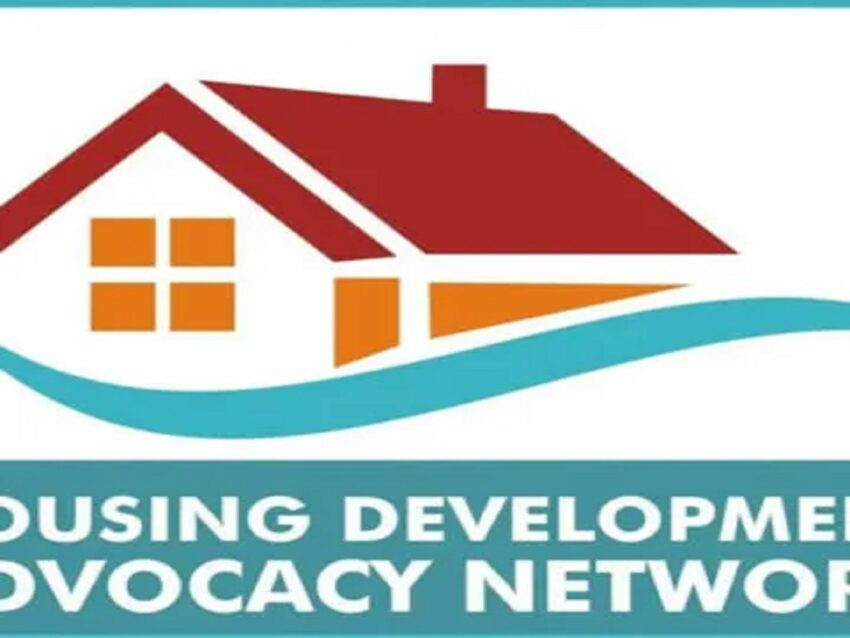As the world marks World Habitat Day 2025, the Housing Development Advocacy Network (HDAN) has called for urgent action toward climate-resilient housing, sustainable urban planning, and inclusive housing policies across Nigeria. The network warned that every home built today must be capable of withstanding tomorrow’s climate risks.
World Habitat Day is observed on the first Monday of October each year. Established by the United Nations, the day serves to reflect on the state of towns and cities globally and to reaffirm the basic right of every human being to adequate shelter. It also reminds the global community that everyone has the power and responsibility to shape the future of urban settlements.
This year’s global observance, held on October 6, 2025, carries the theme “Urban Crisis Response.” The theme draws attention to how conflicts, climate disasters, and economic instability are transforming cities and deepening inequality. It emphasizes that an inclusive urban crisis response must create the conditions for people to return, reintegrate, and rebuild their lives with dignity.
According to the United Nations Human Settlements Programme (UN-Habitat), over 122 million people are currently displaced worldwide, with more than 60 percent seeking refuge in cities. This growing trend of urban displacement is putting immense pressure on already fragile housing systems and public services, particularly in developing countries like Nigeria.
Nigeria’s urban crisis is escalating rapidly, driven by poor planning, weak enforcement of regulations, and rapid population growth. Experts estimate that Nigeria’s cities are expanding at a rate far faster than their infrastructure can support, resulting in overcrowded settlements, pollution, and inadequate social amenities.
In its statement to mark World Habitat Day, the Housing Development Advocacy Network (HDAN) expressed deep concern over the increasing strain on Nigeria’s urban landscape. Issues such as unregulated construction, poor waste management, and the loss of green areas—which serve as buffers against flooding and heat waves—are compounding the challenges.
HDAN highlighted that cities such as Abuja, Lagos, Port Harcourt, and Asaba are facing significant environmental risks. Green belts originally designed as utility corridors and environmental buffers have been converted into residential and commercial properties, reducing the cities’ resilience to climate-related hazards.
As World Habitat Day 2025 calls for urgent collective action, HDAN urges policymakers, developers, and communities in Nigeria to prioritize climate-resilient and inclusive urban development to secure a sustainable future for all residents.
https://tribuneonlineng.com/world-habitat-day-hdan-seeks-action-toward-climate-resilient-housing-others/
